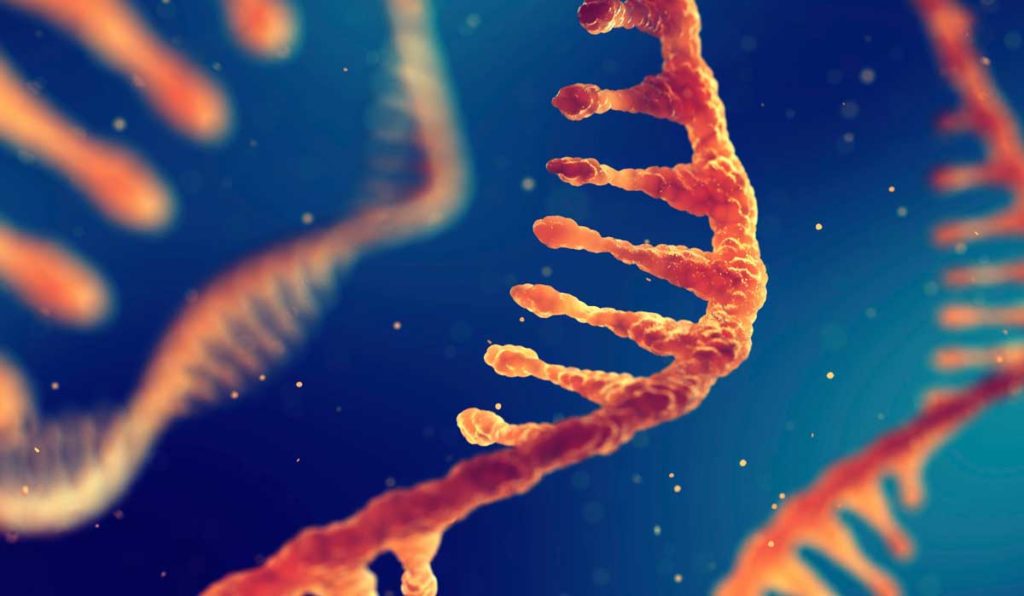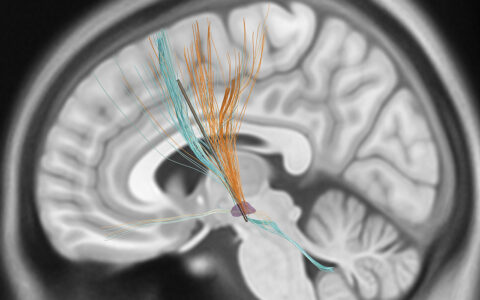At the fall 2019 Huntington Study Group Annual Meeting, over 700 attendees including Huntington’s Disease (HD) providers, families affected by HD, advocacy groups, and industry representatives came together to assess the state of the research and care model for HD patients.
A key focus of interest at the meeting was a handful of new trials for promising drug therapies that go beyond symptom management for the heritable disease. To date, treatment for HD has mostly aimed at reducing the burden of disease symptoms such as chorea. Most current HD therapies were developed for other applications and do not directly address mutant Huntingtin gene (mHTT) expression.
“What we are looking at today is the prospect of treatments that are disease-modifying. All of these therapies seek to alter the clinical decline in patients.”
“A total cure would require genomic reprogramming, which we are not yet close to in the scientific community. But what we are looking at today is the prospect of treatments that are disease-modifying,” said Daniel Claassen, M.D., director of the Huntington’s Disease Society of America Center of Excellence at Vanderbilt University Medical Center. “Our hope is that one or more of these therapies has enough impact on the brain’s chemistry that it modifies mHTT expression in a clinically significant way.”
A Wasting Disease
HD is broadly neurodegenerative. Little normal function is spared: musculoskeletal, cognitive, emotional, and ultimately, autonomic functions eventually fail. Huntington’s chorea is the most commonly recognized symptom, with its characteristic involuntary movements, or tics.
Huntington’s disease will manifest if a person has an excessive number of CAG gene sequence repeats in the Huntingtin gene. Thirty-six repeats is the threshold where a person is considered “gene expanded,” and therefore at high risk. If CAG repeats are higher than 38, a patient will at some time experience symptoms, Claassen said.
Newest Research Targets Transcription
Many efforts to manipulate mHTT gene expression have met with disappointment, facing either delivery method challenges or a negligible impact. These failures have prompted several novel strategies now in trial. Genentech-Roche, Vaccinex, Novartis, WaveTM Life Sciences, uniQure and Voyager Therapeutics are all in pursuit of treatments that will modify the mHTT gene and its expression of mHTT protein.
Two new therapies on the cutting edge involve intrathecal or intracranial injection of treatments that modify the mHTT transcription. One approach uses short pieces of chemically modified DNA, called antisense oligonucleotides (ASOs), that bind to mHTT RNA, lowering expression of the mHTT protein. ASOs could be introduced to the cerebrospinal fluid intrathecally and bimonthly for life, and are in now in pivotal studies that may replicate promising murine outcomes in humans.
Another approach delivers an adenovirus vector (AA/V) directly into the brain as a one-time treatment. Currently in Phase 1 trials, the AA/V is a hollowed-out virus containing the “recipe” for continually snipping out CAG repeats in messenger RNA as they are transcribed, rendering them inert.
“While retroviral treatments options have historically been challenging, new AA/Vs use a different mechanism that looks promising,” Claassen said.
Targeting Inflammation
Another study, dubbed the SIGNAL trial, will demonstrate the impact of the drug pepinemab, an antibody to semaphorin 4D, which is believed to trigger transition to an inflammatory state in the brain. Encouraging FDG-PET imaging results show pepinemab has the effect of preventing loss of metabolic activity in the brains of people with HD, Claassen said.
“The SIGNAL trial will show whether the drug can find its target, change the brain biochemistry, and accomplish a significant slowdown of the disease’s progression,” he said. “All of these therapies seek to alter the clinical decline in patients.”
The mood of the Huntington Study Group Annual Meeting reflected a dawning reality that HD may not portend a grim prognosis. “This new era of therapeutic interventions is not only setting the stage for more targeted future study in HD, but for other neurodegenerative diseases as well,” Claassen said. “It is bringing much-needed – and scientifically justified – hope to this community.”





